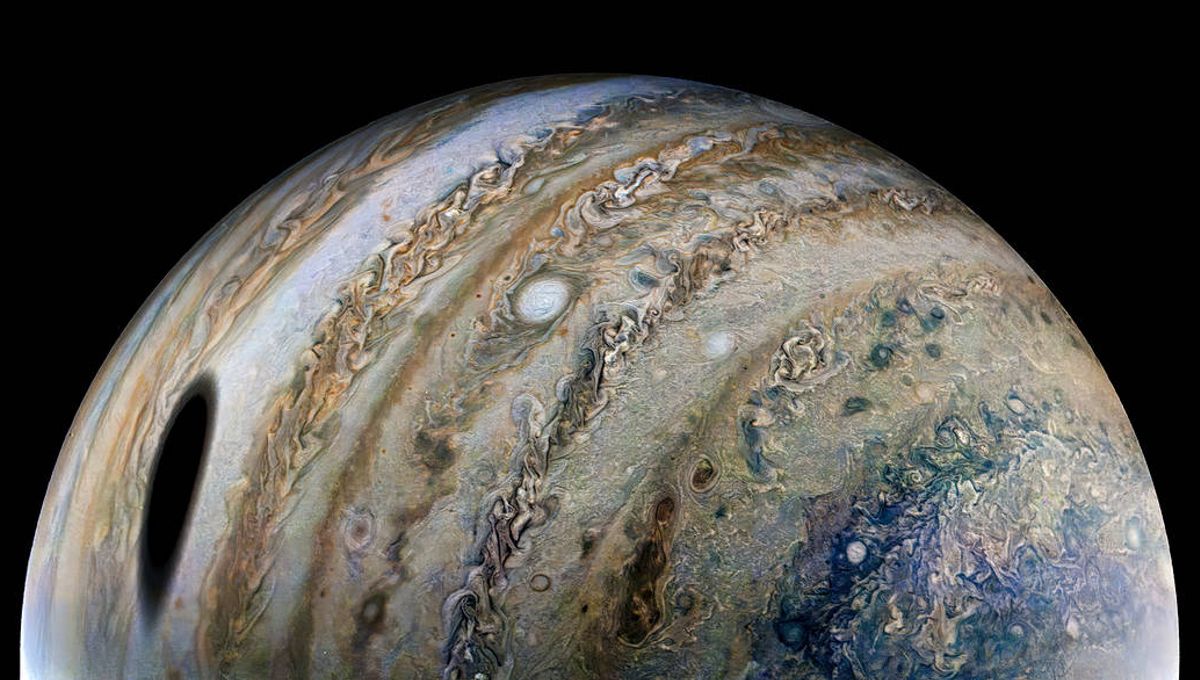
A celestial object recently smashed into Jupiter, the undisputed king of the planets, releasing a short but sharp flash of energy. While objects frequently collide with Jupiter – much more so than any other planet in the Solar System – it’s pretty exceptional for scientists to document the crash in action. Remarkably, this latest collision was accidentally captured by an amateur astronomer.
The impact was first spotted by the Okinawa-based astronomical observation projects OASES and PONCOTS at 1:45 am Japan Standard Time on August 29 (4:45 pm UTC, August 28). In a social media post, they raised the alarm and put out a message saying: “If you were observing Jupiter around the same time, please check the shooting data again, and if you find a flash, please report it on TL or DM this account!”
Shortly after, the MASA Planetary Log replied with some imagery showing the dramatic collision.
“When I woke up in the morning and opened X (Twitter), I saw information that a flash had been observed on the surface of Jupiter. That night, when I checked the video of the corresponding time, I saw a flash,” the person behind the MASA Planetary Log account told Space.com.
“I was very lucky to be photographing this phenomenon when it happened,” they added.
There’s currently no information on how large the object was, although it was clearly large enough to cause quite a spectacle.
Jupiter is frequently battered with celestial objects because of its proximity to the Solar System’s asteroid belt and its massive gravitational pull which draws in passing objects like a marble down a sink.
A 2013 study suggested that Jupiter gets hit by objects between 5 to 20 meters (16.5 feet and 65 feet) in diameter around 12 to 60 times every year. Objects larger than 100 meters (328 feet) are likely to impact Jupiter every few years. That’s approximately 10,000 times larger than the impact rate of similar objects on Earth.
Don’t feel too sorry for Jupiter, though. Thanks to its giant mass and strong gravitational pull, the gas giant commands a huge number of asteroids in the Solar System. Often this protects Earth and the other inner planets from rogue objects, but it might also mean that Jupiter is slinging the occasional asteroid or comet towards us.
Astronomers have captured moments of impact on the gas giant a handful of times. The first instance occurred in 1994 when the comet Shoemaker-Levy 9 collided with the gas giant, making history as the first-ever direct observation of two bodies colliding in the Solar System.
Since then, at least eight more Jupiter impact observations have been made, as of 2021. This includes an especially spectacular collision in September 2021.
Source Link: Something Just Smacked Into Jupiter And Amateur Astronomers Captured It